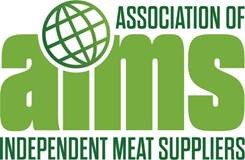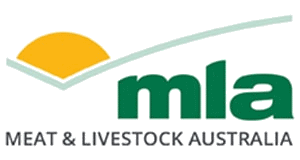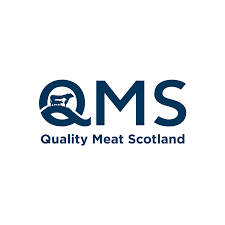AIMS Welcomes Reopening of Poultry Export Market to South Korea
The Association of Independent Meat Suppliers (AIMS) has welcomed the recent reopening of the export market for poultry to South Korea, following the UK’s earlier success in securing poultry export access to South Africa for the first time in eight years.
Tony Goodger, spokesperson for AIMS, commented, “The export market to South Korea for poultry and poultry meat products was suspended in November 2020 due to concerns over Avian Influenza. It’s fantastic news that, after the UK was declared free from Avian Influenza earlier this year, trade negotiators have successfully reopened this valuable market.”
In addition to South Korea and South Africa, the export market to Antigua has also reopened. The Export Health Certificate (EHC) 1805 for fresh poultry meat was restored to active status, following a Caribbean ban imposed in March 2021.
Goodger highlighted AIMS’ ongoing collaboration with the Animal and Plant Health Authority (APHA), noting, “We have been working closely with APHA to understand what needs to be done to lift trade barriers and restore access for our members to key export markets.”
Looking ahead, AIMS is keen to see the reopening of EHC 7570, which would allow the export of poultry meat and products to Saudi Arabia. This market has been on hold since October 2020. However, Tony Goodger acknowledged that reopening access to Saudi Arabia might face delays, given recent developments, including Saudi Agricultural and Livestock Investment Company (SALIC) acquiring stakes in major poultry producers.
Despite this, AIMS remains optimistic about future opportunities for UK poultry exporters in global markets.


